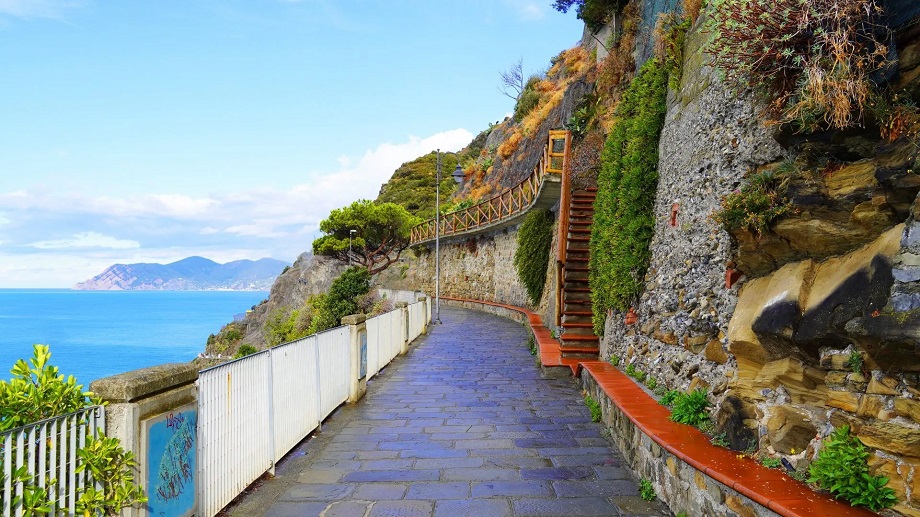
In 2023, Europe welcomed over 700 million global travelers, setting a post-pandemic record. However, the continent’s tourism dynamics are poised for a shift with the introduction of the European Travel Information and Authorization System (ETIAS) in 2025.
This system mandates that visitors from the United States and 60 other nations secure authorization before entering the “Schengen Zone,” which includes 23 EU countries, four non-EU countries, and three microstates, even for transit purposes. Though not a visa, ETIAS requires an online application with a €7 fee, exempting those under 18 or over 70. It aims to enhance border security and public health through pre-screening, impacting travel patterns and the economy.
Sardinia curbs overtourism
Local governments across Europe have also implemented unique measures to manage tourism and protect their destinations. In Sardinia, Italy, fines of up to $4,000 are issued for sand theft, particularly at the protected Spiaggia Rosa. Popular beaches like La Maddalena now require advance online booking and a nominal entry fee to control visitor numbers and sustain tourism.
Portugal bans music on beach
Portugal enforces tranquility on its beaches by banning loud music and imposing fines ranging from $200 to $39,000 for portable speaker use. This regulation ensures a peaceful experience for all beachgoers.
Seville combacts with explicit attire
Seville, Spain, combats “obscene acts” during bachelor and bachelorette parties by banning explicit attire and messages in public spaces. This measure is part of a broader initiative to maintain respect and cultural heritage in the city.
Portofino, Italy, addresses tourist congestion with fines for loitering in popular photo spots. The new rule, enforced since Easter, aims to alleviate pedestrian traffic chaos in two designated “red zones.”
Austria protecting village life
In Hallstatt, Austria, a temporary wooden fence has been erected to manage excessive tourist activity, especially from selfie enthusiasts. This initiative helps protect the quality of life for the village’s small population.
In Mallorca, Spain, the anti-capitalist group Manacor Caterva places signs on beaches to deter tourists, emphasizing the environmental and community impacts of overtourism.
Venice charginbg from day trippers
Venice has introduced a $5 entry fee for day-trippers, which can rise to $10 on peak days, to regulate visitor numbers and promote longer stays. Public transportation passes and parking rates have also increased, with discounts for advance bookings.
